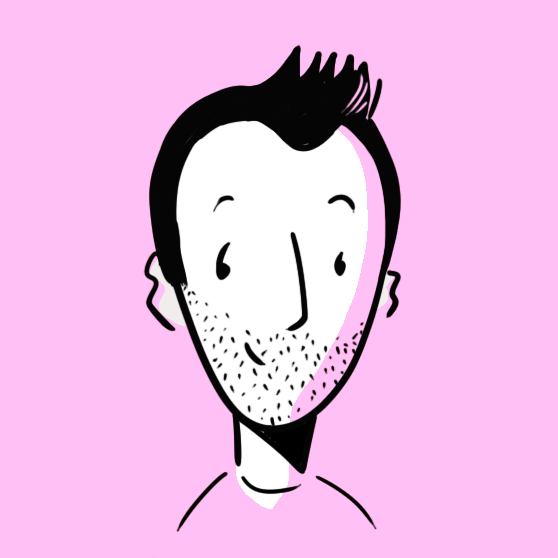It’s easy to blame ‘the other’. Them. They don’t understand me. They don’t see what I see. They missed the point I was making. It might be a publisher, after a rejection. Or an editor, on a submission. It might be a reader in a review.
But what if it was me, and not them? What if, instead of blaming the other, I looked at how I could change for them? Maybe they had a point? Maybe it wasn’t right for the age group? Or maybe it does need more clarity? If I made the work for them and not me, maybe, just maybe, this once, they could be right. Don’t we owe it ourselves to see what would happen if they were?
